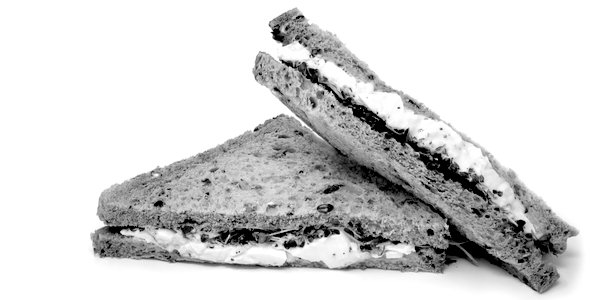THE commercial and social landscape of the country in which I grew up has disappeared in almost every walk of life, but few illustrations are more graphic than the way we shop.
We’ve gone from being face to face with assistants to a self-service system where we wander around, browsing and selecting for ourselves the things to buy. This shift has been completed with the introduction of self-service tills, a move which mirrors the growth in the use of payment cards and smartphones instead of cash.
But in 1970, this was still a world of department stores. Every town of any importance had at least one, and in Maidstone it was Dunning and Son. You can see a picture here. Don’t bother looking for it now though, because like so many it has vanished from the face of the earth. In fact, thanks to the mania amongst town planners for pedestrianisation schemes, even the very street on which it once stood so proudly is today no more than a shadow of its former self.
In the winter of that year, having completed a graphics course in Gloucester, I was living in a flat in Maidstone with Lesley, the girl who was, both at the time and for some years after we split up, the love of my life.
Unfortunately, I had been unsuccessful in landing that coveted position with a big West End advertising agency, so I took a temporary job at Dunning’s in the run-up to Christmas. I was put in the kitchens department, which was in the basement.
My job involved discreetly approaching customers and asking ‘Can I help you, sir/madam?’ They’d explain why they were there and I would discuss the range of options. If it started to look as if there was a real prospect of a sale, the manageress, who had been quietly monitoring my progress, would graciously intervene and take it from there. This was because a sale resulted in commission, and a new kitchen was a high-value item.
Next to the kitchens department was one which sold all manner of ornamental gift items. This was in the care of an openly and unashamedly camp homosexual called Norman (‘but you can call me Normie’). When his departmental phone rang he would respond with ‘Hello? Fancy Goods!’ I had great deal of trouble stifling a grin at this so obviously mischievous and provocative device. He was a very urbane and witty guy and I hit it off better with him than most of my other colleagues.
Two or three times a week, he would remove the jacket of his immaculate three-piece suit, don a pinafore, and spend the first hour of the day buffing his collection of glass animals and ballet figurines with a feather duster. Sometimes he would wipe his finger along the surface of the counter and complain: ‘Just look at the muck in ’ere!’ It’s difficult to believe that the scriptwriters of the 70s TV sitcom Are You Being Served? did not base John Inman’s character Mr Humphries on Norman.
On the top floor were various staff areas, rest rooms and canteens. The managers had one canteen and we ‘other ranks’ had our own. The kitchen was between them and served both. Plate glass windows made it easy to see across the kitchen from one canteen to the other. The rotas for tea-breaks were rigidly controlled by management, but one day I had been kept busy with a customer and so I arrived for my morning break a good half hour later than my allotted time. I could see that I was the sole customer in both canteens.
In those days, I never seemed to get up in time to have breakfast before going to work, so I was hungry and I asked the lady at the counter for a cheese sandwich with my tea.
‘Sorry, you’re too late. I’ve run out of cheese sandwiches.’
I could clearly see a couple of the items in question on her worktop and so I pointed them out to her.
‘Oh, them? They’re for the management side.’
‘But there’s nobody in there.’
‘Yes, it’s not that. It’s just that they’re cut wrong for your side of the canteen.’
‘What do you mean?’
‘Well, I cut the sandwiches for the staff side straight across. But for management, I cut them on the diagonal.’
‘And you’re not prepared to sell me a sandwich that’s cut in the style for the managers?’
‘Yes, that’s right. I can’t do that. I’m really sorry. It would be more than my job’s worth.’











